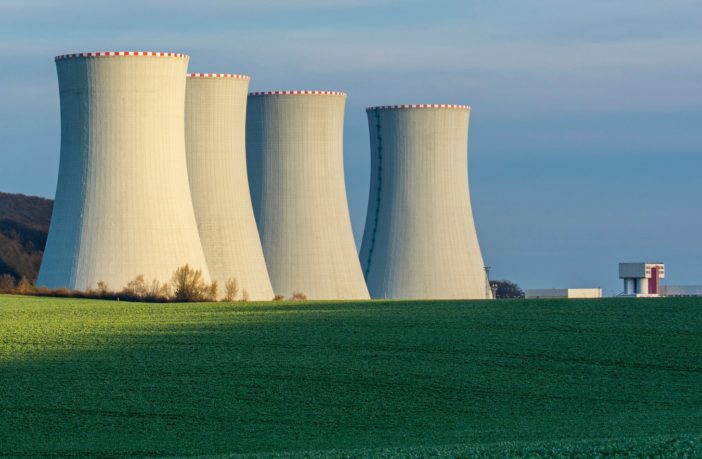The risk and cost of developing new nuclear energy technologies could be reduced, thanks to a new research project bringing together scientists from the UK and India, including experts from The Open University.
The four-year project – called Enhanced Methodologies for Advanced Nuclear System Safety (EMEANSS) – will use experimental data and machine learning to develop sophisticated safety systems and models across three key areas: nuclear physics, structural components, and fuels.
The systems and models developed through the research could also enable improvements in the safety and efficiency of existing nuclear power plants.
William Nuttall, Professor of Energy at the OU, is working on the project. Professor Nuttall commented on the significance of the research:
“Nuclear Power is already a major contributor to global low carbon electricity generation. Concerns for energy security and reliability of supply are pushing for a significant boost to global nuclear capacity.
“This important project with Indian colleagues has the potential to improve the performance of nuclear energy technologies in the future through a better understanding of key uncertainties and I’m delighted to be a part of it.”
Dr Simon Middleburgh from Bangor University’s Nuclear Futures Institute. Dr Middleburgh said:
“Designing and building next generation nuclear power plants is a complex task. By creating intelligent safety systems and models that offer greater predictability, we can drive efficiencies and support innovation in the nuclear industry, helping the UK achieve a low-carbon future.”
UK and Indian scientists will work independently but compare findings as the project progresses.
The nuclear physics research aims to fill gaps in our current knowledge, where low accuracy data leads to poor predictability that is currently dealt with by over-engineering or reducing the performance and efficiency of the overall system.
Next generation nuclear reactors require materials, such as graphite components, to operate in the harsh nuclear environment while maintaining their strength and structural properties. The team will test and analyse these materials and draw on existing data to model their behaviour, using the novel techniques developed through the project.
The scientists will also model the performance of new fuels, to fill gaps in the data to allow for greater efficiency and safety. Nuclear fuels operate in some of the most extreme conditions and predicting their behaviour is important to ensure they remain within their safe operating perimeter.
The new modelling methods combined with new data from experiments will enable the researchers to significantly improve the predictability of nuclear fuels, supporting both current and next generation designs.
The team brings together scientists from The Open University, the Universities of Bristol, Cambridge, Oxford, Liverpool and Strathclyde with Bangor University, Imperial College London, and the Bhabha Atomic Research Centre in India. The research is funded by the Engineering and Physical Sciences Research Council (EPSRC) as part of UK Research and Innovation, through the UK-India Civil Nuclear Collaboration between the EPSRC and the Department of Atomic Energy in India.



